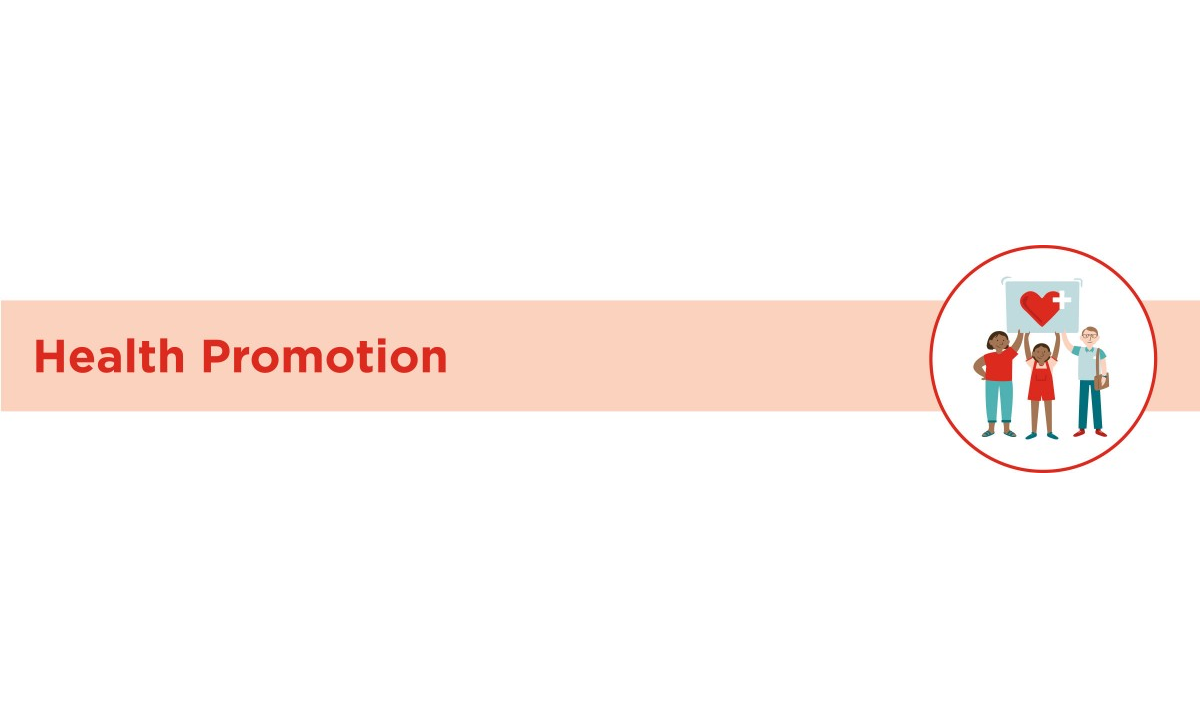Mental health
With hauora as a foundation, quality mental health education emphasises self-understanding, belonging, and connectedness. It is grounded in culture, place, and history. Learning in mental health education should be effective, safe, inclusive, and mana enhancing.

About this resource
This section from health and physical education in the New Zealand Curriculum outlines one of the seven key learning areas – mental health – through which the skills and knowledge identified in the achievement objectives are explored. It supports teachers to explore the structure, essence, and components of the learning area.
Mental health
With hauora as a foundation, quality mental health education emphasises self-understanding, belonging, and connectedness. It is grounded in culture, place, and history. Learning in mental health education should be effective, safe, inclusive, and mana enhancing.

What is mental health education?
The mental health key area includes opportunities for ākonga to develop the knowledge, understandings, and skills to:
- strengthen their identity and develop resilience and self-advocacy skills
- examine discrimination and stereotyping
- enhance their relationships
- support themselves and others in times of stress, disappointment, or grief
- make positive decisions in relation to drugs and alcohol
- recognise and respond to abuse and harassment
- examine the ongoing effects of colonisation and of decolonising actions on people's mental health
- identify ways that digital and natural environments impact mental health.
Mental health is not just the absence of mental illness, it includes our emotional, psychological, and social wellbeing. The way we think, feel, and act is directly influenced by our mental health.
Mental health education involves developing knowledge, skills, and attitudes for wellbeing, and mental health. It is different from a wellbeing programme or promotion of mental health messages because of the depth and meaning of the learning. Mental health education requires dedicated curriculum time, supported by a whole school approach.
Mental health and the underlying concepts
The underlying concepts are woven through learning in this area in the following ways:

When learning about haoura, ākonga consider how the four dimensions of Te Whare Tapa Whā relate to and affect people’s mental health and wellbeing. They will also come to understand the role of mana in developing a positive self-concept and identity.

When learning about attitudes and values, ākonga are encouraged to take responsibility for their own wellbeing. They will show respect, care, and concern for other people and their rights; and they will develop a sense of social and environmental justice.

Through the socio-ecological perspective, ākonga critically examine the determinants of mental health – the factors that influence people’s mental health and their access to health services. Ākonga will learn that they can only understand a person’s mental health by considering it relationally and within context.

When learning about health promotion, ākonga take personal and collective action to develop and maintain environments that support mental health. They will consider the physical and emotional aspects of those environments and apply their knowledge both at school and in their community.
Mental health in physical education
While most mental health content will be taught as part of health education, aspects will also be taught in physical education. The following opportunities can be explored:
- the relationship between physical activity and mental health
- the relationship between the physical environment and mental health
- the ways a positive and inclusive team culture can enhance a sense of belonging and purpose.
Physical education programmes with a strong focus on values, critical thinking, power sharing, and ākonga voice support learning about mental health and wellbeing.
Engaging in enjoyable play, physical activity, and fitness activities has many benefits for mental health (especially when there are elements of choice and autonomy). Links between mental health, play, and physical activity should be part of physical education.


